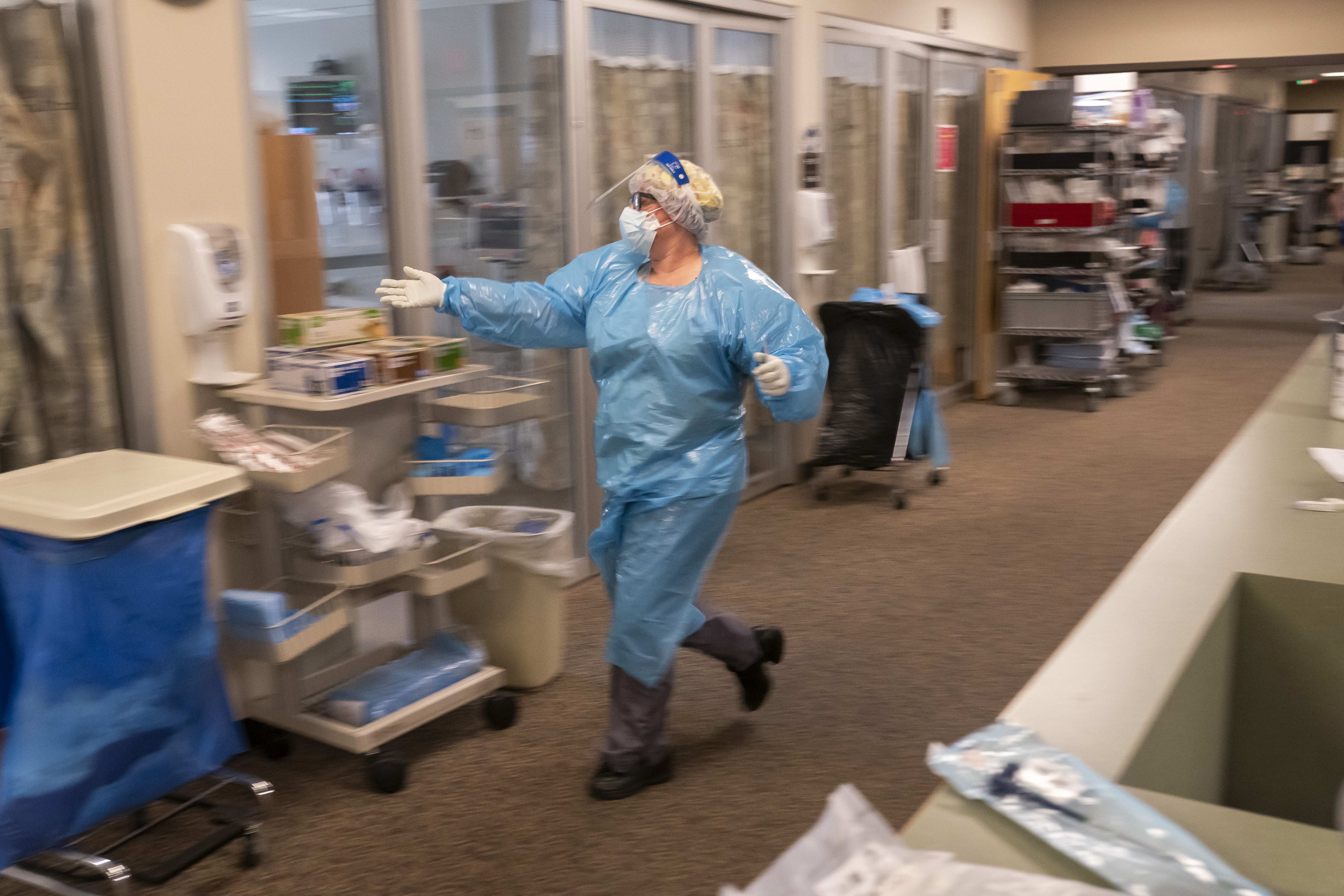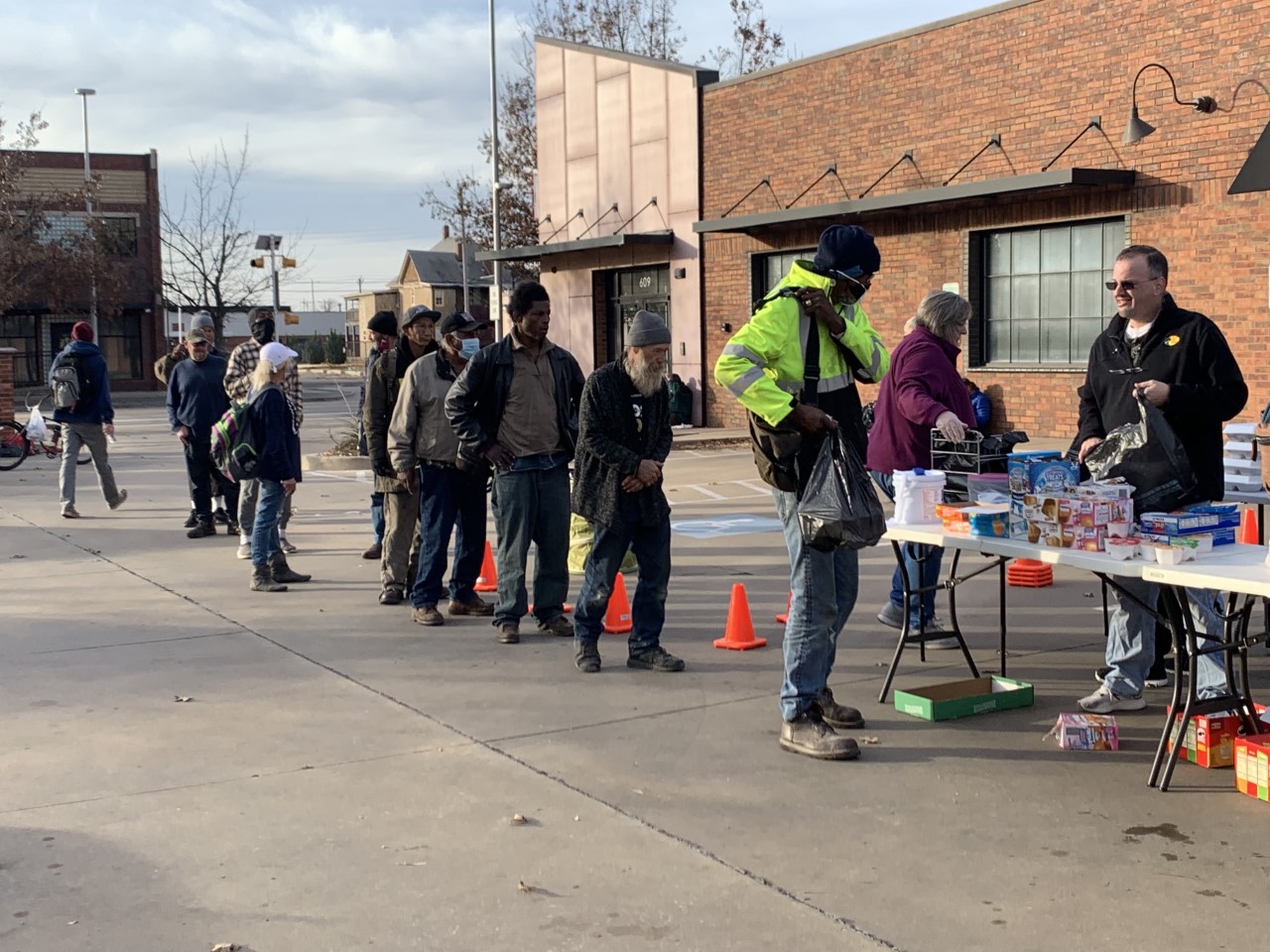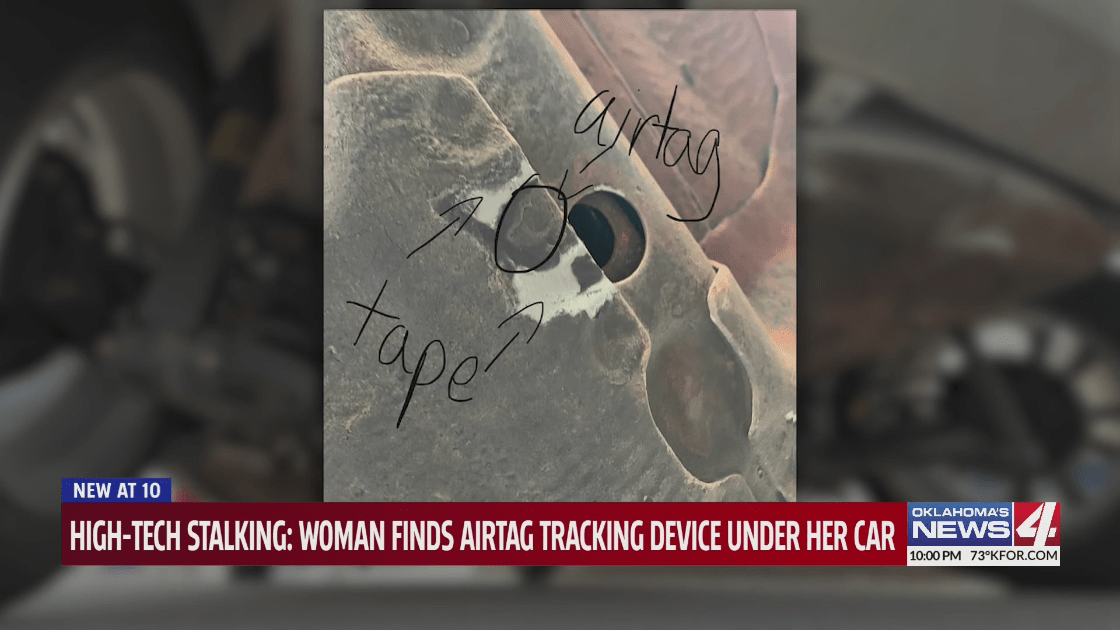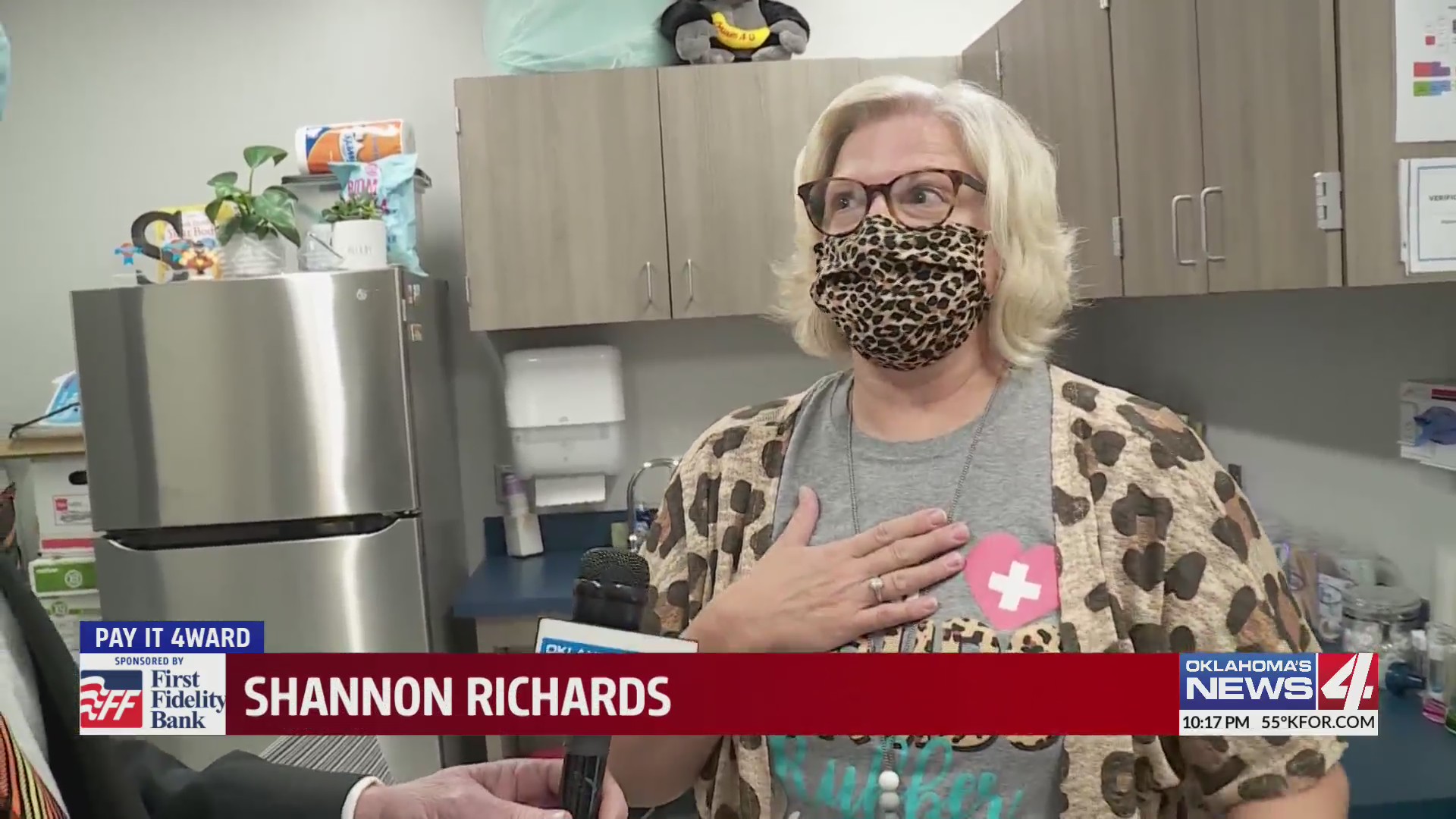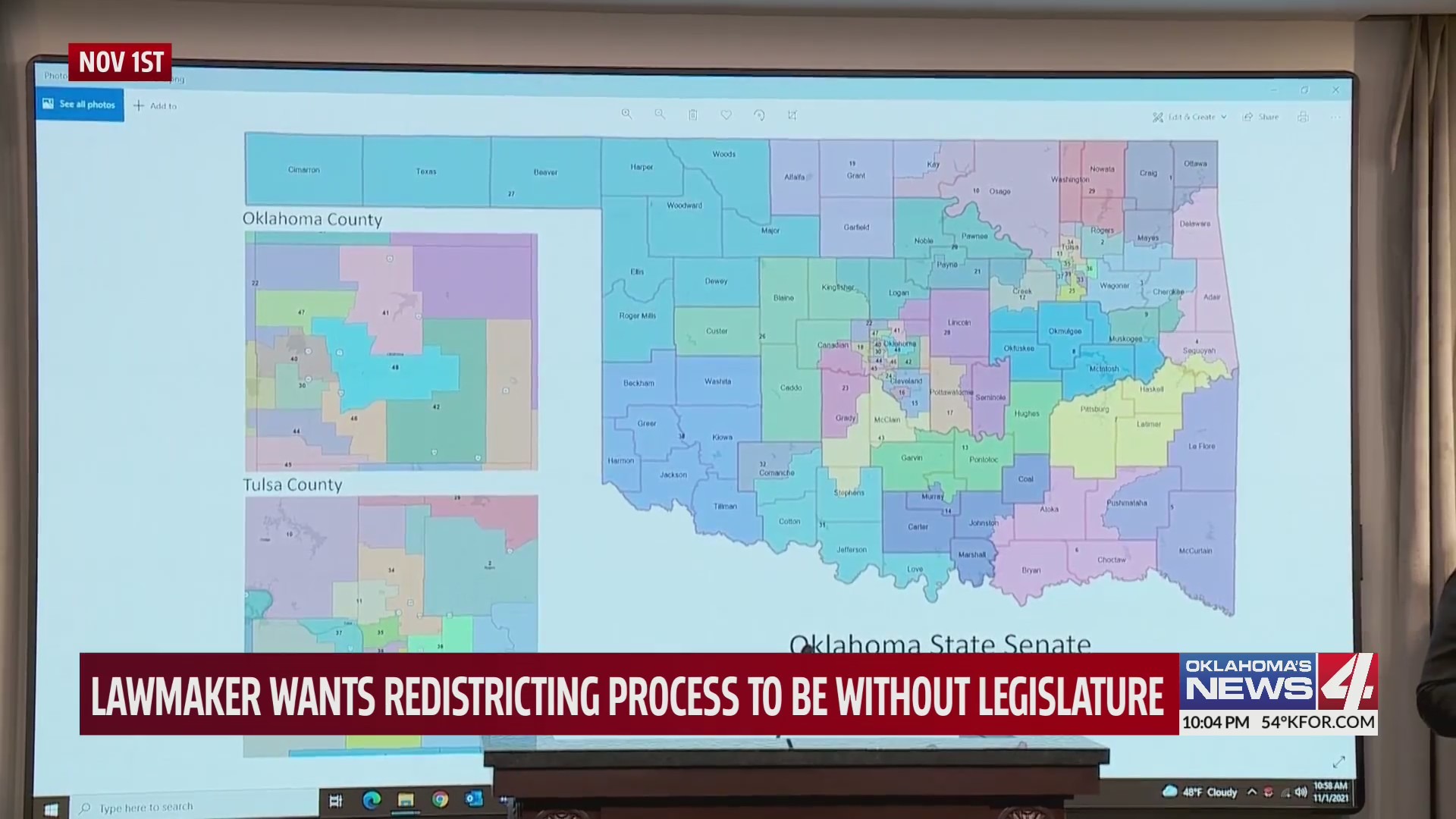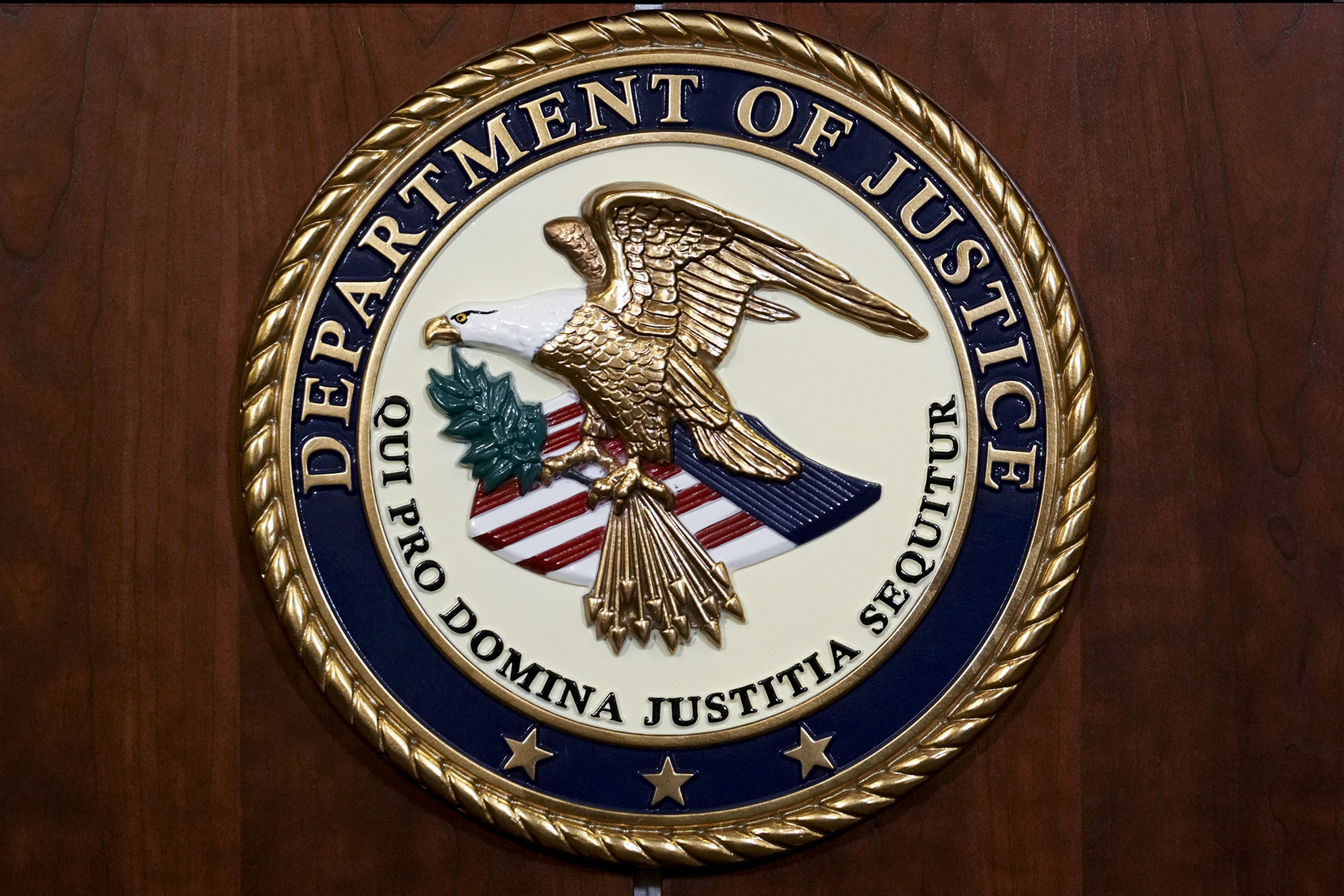OKLAHOMA CITY (KFOR) – With cyber attacks on the rise, Oklahoma City’s FBI says cyber security if more important than ever.
“Just this past year we identified 28 ransomware events that occurred in Oklahoma, and that was just what was reported,” said Eric Littlepage, supervisory special agent with Oklahoma FBI.
Littlepage told KFOR that Oklahomans have lost millions of dollars through ransomware and business email compromise scams. Ransomware is the encryption of your files.
Littlepage told KFOR that these scams often come in the form of a phishy email.
“So they might send you an email that has a suspicious link in it, trying to get you to click on the link or you might visit a website that might be suspicious or click on an email attachment, and once you do that action then there could be an executable or some sort of virus or malware that infects your system, encrypts all your files, which means it has to have a password to unlock it,” said Littlepage.
“Specifically if it’s a ransomware event… then a victim’s computer or network might be completely locked, and so they wouldn’t have access to their files,” said Littlepage. “So in that case the cyber actor is asking for money or cryptocurrency in return for unlocking their files.”
Littlepage said one way to protect yourself is to identify the sender.
“So that means actually hovering over the name on the email account, because some people, it’s called spoofing. They’ll pretend to be someone they’re not,” said Littlepage. “So if you actually identify and look at the email address account that it’s coming from, that’s one way. But there’s also, you have to realize, some people have their email accounts compromised, and even if it’s from somebody you know, you still need to be aware and suspicious of any links that you’re sent, or any attachments, and to ask yourself the question before you click on it. Now even if it’s from somebody you know, you can even reach out to the person who sent it and say, ‘hey, this looks suspicious. Is this something I should click on? Did you send this?’”
Littlepage said the FBI does not recommend you play into the scam by paying up, but rather, report it.
“As the FBI Cyber Division, we put the pieces together, whether that’s looking at the back end through the ones and zeros to identify what was the vector of attack that caused a potential virus or ransomware event,” said Littlepage.
Littlepage said ultimately, the weakest link in compromising a system is the person behind the keyboard.
“So it’s just being hyperaware of all the links that you’re sent,” said Littlepage. “Think before you click on it.”
The FBI also recommends maintaining strong passwords, using multifactor authentication and ensuring you have the latest update for your operating system.
“That means you’re making sure you’re getting the latest upgrades and patches and as well as not just for your operating system but also your software and keeping your antivirus up to date,” said Littlepage. “And then, really important for ransomware is to make sure you maintain offline backups, and so a lot of people have backups to the cloud but the offline backups is important because you don’t want your online backups to get encrypted.”
If you think you’ve been a victim of a cyber crime, Littlepage encourages you to report it to the FBI by visiting ic3.gov or by calling your local FBI office.























